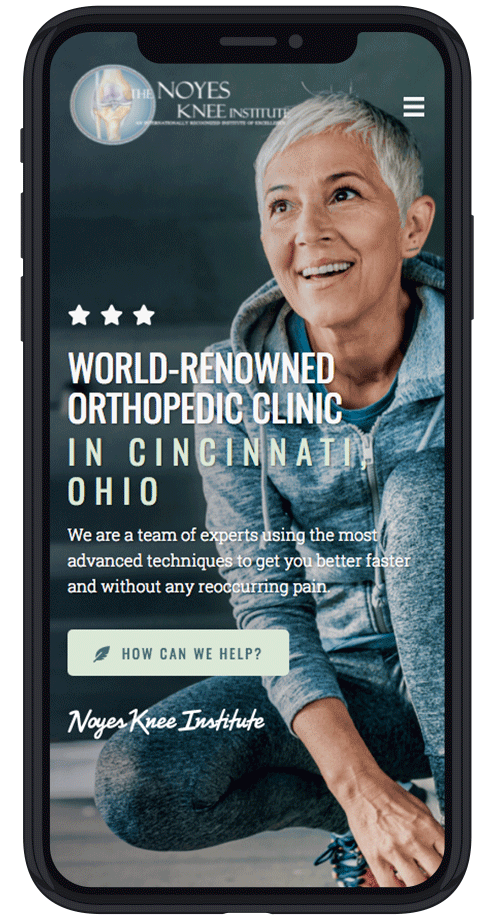Published On
Category
What you eat affects the health of bones and cartridge throughout your body, and your knees are no exception. Healthy foods, bad foods, and sometimes a lack of food all play a role in how weak or strong important knee joints and bones ultimately become.
Do you want to improve the health of your knees? Here’s what you should know about nutrition and knee health.
Food Can Benefit Your Health
The saying you are what you eat has some significance regarding how your body utilizes food for fuel. The many bones, ligaments, and cartilage in your knees require a careful selection of the right nutrients to develop properly, fulfill their function, and continue to remain strong while you age.
Food can be a benefit when it supplies appropriate amounts of vitamins and minerals your knees need.
Calcium and Vitamin D for Bones
As much as 99 percent of your body’s calcium exists as bones and teeth, yet your body cannot make calcium and must get it from the food you eat. Calcium helps bones grow and strengthen, so it’s unfortunate — especially if you’re healing from a knee injury —that your body takes calcium from bones when it lacks the mineral for other uses.
Calcium and Vitamin D work together to keep bones strong as Vitamin D must be present to help the body absorb calcium.
Make sure to strengthen your knee bones with enough calcium and vitamin D, and:
- Eat dairy, leafy greens, canned sardines, and fortified foods for calcium.
- Consume salmon, tuna, mackerel, mushrooms, and fortified foods for vitamin D.
- Sit in morning sunlight to absorb UVB light which converts to vitamin D.
Don’t expose your skin to dangerous mid-day sun for extended periods of time to decrease skin damage.
Vitamin C and Anti-Inflammatory Food for Cartilage
You can help your body grow new cartilage and lessen joint pain when you provide your body with enough vitamin C and anti-inflammatory foods. Your body needs vitamin C to produce collagen, a special protein present in cartilage. Anti-inflammatory foods have special properties that help lessen joint pain and stiffness common in damaged cartilage.
Foods that provide vitamin C include citrus, peppers, kiwis, and broccoli. You can enjoy the benefits that anti-inflammatory foods offer when you eat or cook with oily fish, avocados, and extra virgin olive oil.
Food Can Harm Your Health
Unfortunately, the joints and bones in your knees can suffer negative consequences when you eat the wrong food. Your joints experience arthritis and pain when you indulge in food that creates inflammation and also denies your body the right nutrients.
Refined carbohydrates like food that contains white flour, white rice, and sugary foods increase inflammation. Also avoid foods with saturated fats and trans fats. Think fast food and commercial baked goods. Additional culprits include alcohol, salt, MSG, and omega-6 fatty acids found in corn and sunflower oil.
Remember, in addition to raising arthritis and joint pain in knees, these foods also lack sufficient quantities of important vitamins and minerals. Often such deficiencies result in malnutrition.
In regards to knee health, malnutrition can make it harder for you to move around, perform daily tasks, experience good posture, and it can make you susceptible to falls.
Poor diet and malnutrition also lessen your body’s ability to heal bone, tissue, and cartilage injury in your knees. This factor is important when you experience any knee injury and expect to heal properly.
For more information about your knee injury options, visit The Noyes Knee Institute. We can help you with the right nutrition program to support our many treatment methods to repair or reconstruct your knee.

